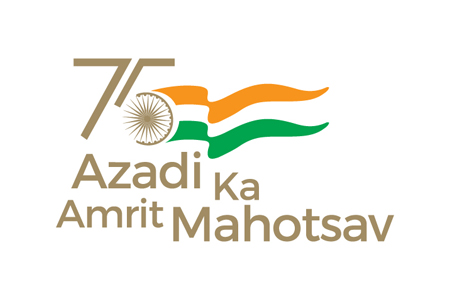- Approved by AICTE & Affiliated to the University of Mumbai | Accredited With B++ Grade by NAAC | Choice Code : 311310210
Tuckman’s Team Development Model

Tuckman’s Team Development Model
When it comes to team building, a must watch movie is The Mighty Ducks. The protagonist Gordon Bombay is a hotshot lawyer. He cannot get over his childhood memories, when, as the star player in his champion hockey team, he lost the winning goal in a shootout, thereby losing the game, and the disappointment of his coach. Once, as a lawyer, when he gets charged for drunk driving, the court orders him to coach a young children’s hockey team which is the worst in the league. Initially, Gordon is very reluctant. He works on the team building and eventually gains the reverence of the kids and teaches them how to win, gaining a sponsor on the way and giving the team the name of The Ducks. In the finals, they face Gordon’s old team, coached by Gordon’s old coach, giving Gordon a chance to experience his childhood memories.
In all relationships in our life, we assume things about others which are all relative. We preordain perceptions of different people which we hold so close to our heart. It all depends on the way we are brought up, the genes we inherited, the environments we were exposed because all of this determines how we regard the people that cross our path. Based on contingencies we face in our life, we start making personal evaluation of others.
Team building is a collective term for various types of activities used to enhance social relations and define roles within teams, this often involves collaborative tasks. It is distinct from team training, which is designed by business managers. Team building is the crux of organizational development (OD). Tteam development exercises are conducted to improve effectiveness, sometimes even to improve interpersonal relations. Team working begins with an aim of supporting goals, building effective working relationships, reducing vagueness and finding solutions to team problems. Team building is one of the broadly used group-development activities in organizations.
Psychologist Bruce Wayne Tuckman (November 24, 1938 – March 13, 2016) is famous for his research on group dynamics. In 1965 he published one of his theories called “Tuckman’s Stages of Group Development which defined four stages: Forming, Storming, Norming and Performing”. In 1977, he added a fifth stage named Adjourning.
Forming: The forming is testing time for the leader. In this stage, most team members assume and presume other members in the team, it is a time to get familiar with team members. Members try to get on well with each other. A team initially is collection of strangers which tries to get united on the foundation of common goals. In this stage, most team members are positive and graceful. While, some members are also anxious, because there is some amount of uncertainty of what needs to be achieved. And, some members are excited about the task ahead. The leader plays a dominant role at this stage, because team member’s roles and responsibilities need to be defined. This stage requires adjustments among the newly formed team.
Storming: This is a stage where many teams fail. Conflicts begin among the team members, they try to push boundaries. Some team members demand change of role, they start accusing one other, create misunderstanding therefore it is called storming stage. Members get a reality bite and get bogged down by responsibilities. They run into each other’s areas of tasks because of irritation. The initial enthusiasm in forming stage now starts fading away. Storming happens because each member’s natural working style is different, people may work in different ways for all sorts of reasons but, differing working styles cause unforeseen problems and only cause frustrations.
Norming: Steadily, the team moves into the norming stage. Each member tries to resolve differences; they start looking at the strengths in others. Also, they see the team leader’s genuine concerns. They start agreeing to the team leader’s authority. In this stage the team members start mingling together. They provide constructive feedback to others. In short, members develop a stronger commitment to the team goal; it is a progressive stage in team building. Normally, a prolonged overlapping takes place between storming and norming phase, because, as new tasks come up, the team may lapse back into behaviour from the storming stage.
Performing: Since the group’s norms and team member roles are well established, at this stage, the focus is on achieving the goals. Due to clarity of who is supposed to do what, members perform their duties and tasks. Members are motivated and well-informed therefore, competent to handle problems. The decision making process improves and much supervision is not required. Little disputes are expected and allowed as long as it is channelled through members acceptable to the team. Supervisors of the team during this phase are almost always participating. Occasionally high performance is seen during this phase.
Adjourning: Often it is seen that after completion of projects teams are adjourned. Teams are formed for a certain period. Sometimes, even permanent teams get disbanded because of organization restructuring. It is a painful process for some workers because they get accustomed to routine style of working and develop a sense of belonging to few team members. Working relationships change, reporting relationships change and groups get scattered. Adjournment is a natural process of life.
Beyond Tuckman: The quality of leadership in organizations matters. Employees, who don’t want to work hard, depend on mean politics to secure their positions; some play politics to get in the limelight and gain undue attention and appreciation from the seniors. Negativity must be eradicated at all stages. Frequent reviews and clarity of work is a continuous process. Troublemaker must be dealt with firmness.
Dr. Vidya Hattangadi
Research Professor
MMBGIMS

